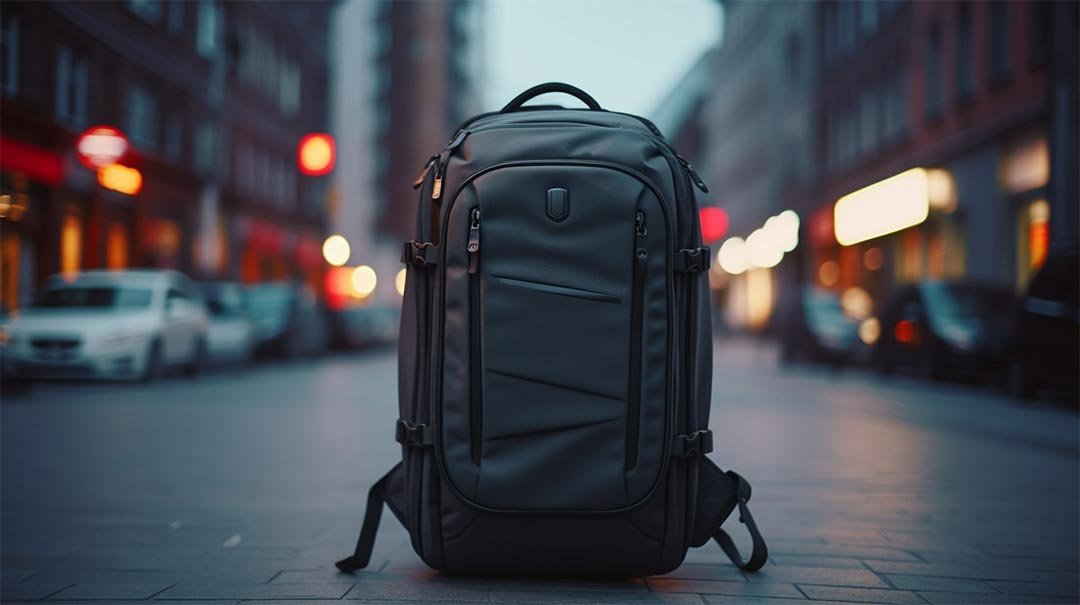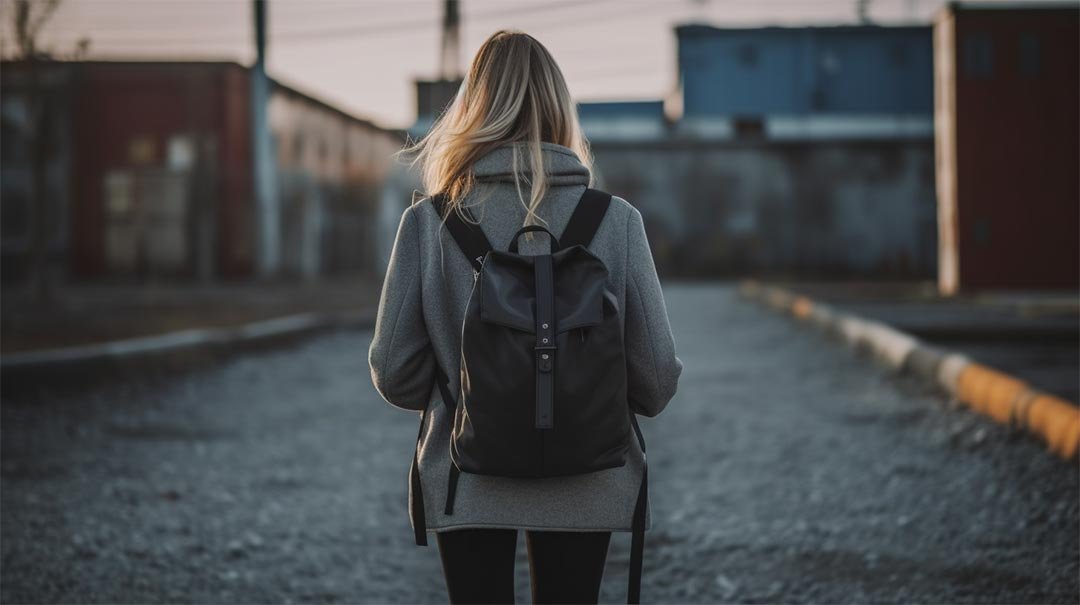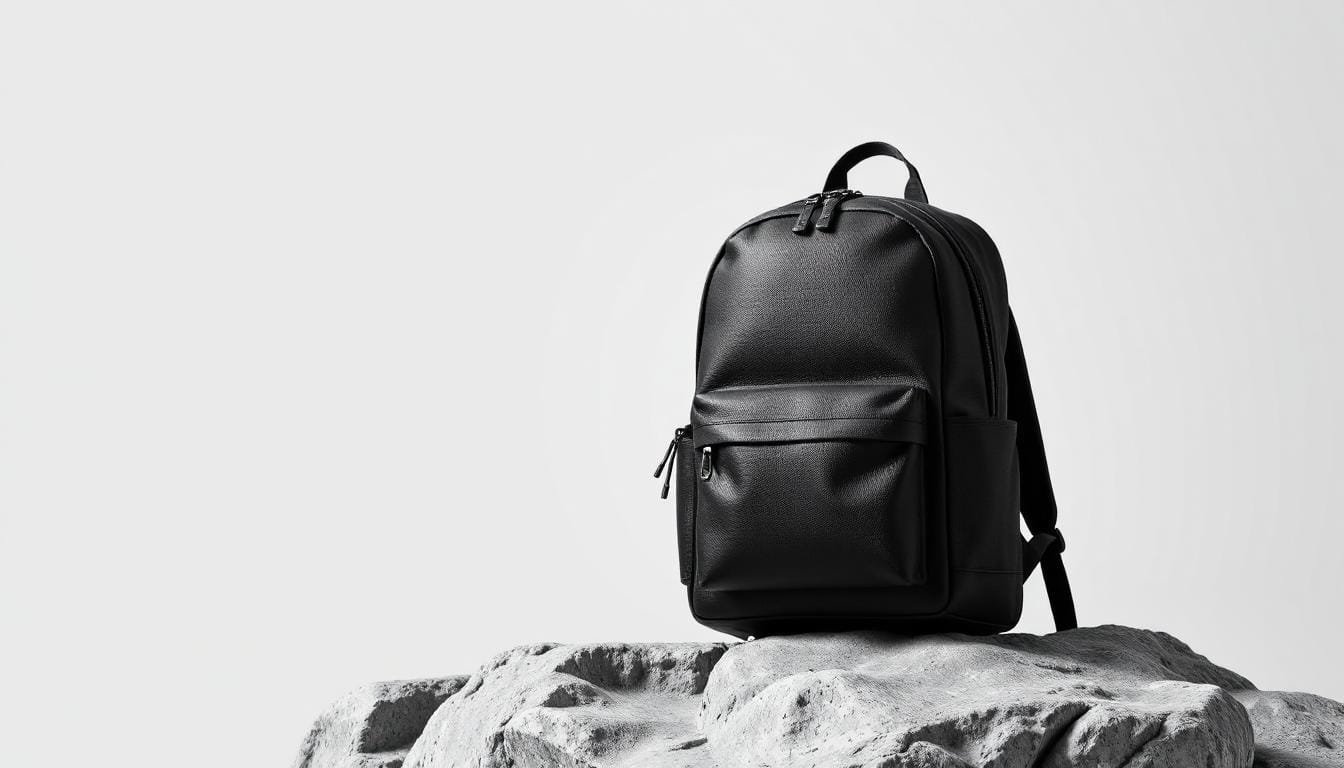Traveling is all fun and games until you realize you’ve been carrying a backpack that’s either too small, too large, or just plain uncomfortable. Finding the right backpack is like finding your travel soulmate—it needs to fit just right, be reliable, and maybe even look good in photos. But fear not, fellow traveler! Let’s dive into the world of backpacks and figure out how to choose the right one for your next adventure.
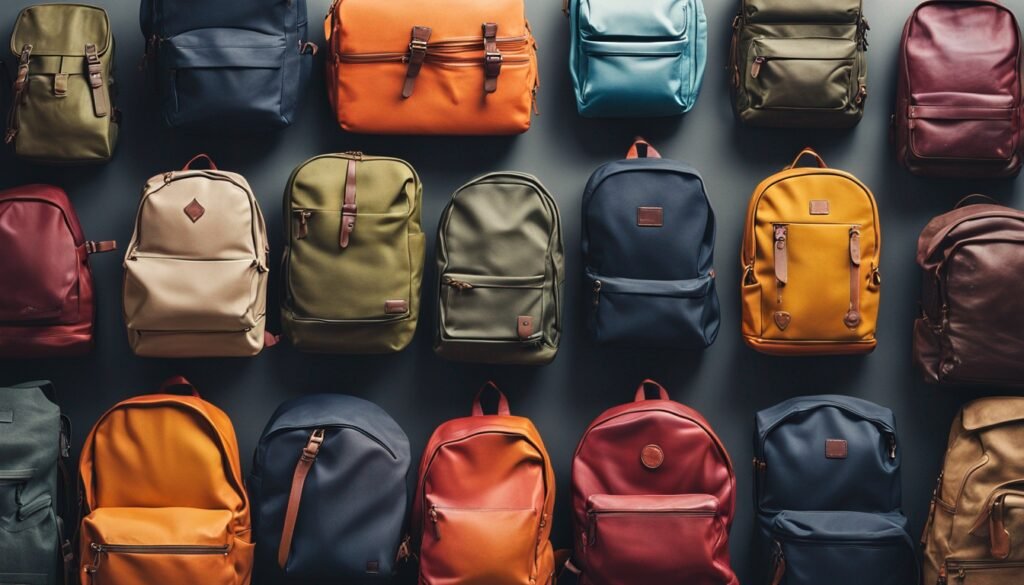
The Dilemma of Choosing the Perfect Backpack
Choosing a backpack can be as overwhelming as picking a movie on Netflix. There are endless options, each promising to be the best. But how do you know which one is actually right for you? It all starts with understanding your own travel needs and the features that will best support them.
Understanding Your Travel Needs
Types of Trips and Their Requirements
The kind of trips you take will significantly influence your choice of backpack. Are you hiking through rugged terrains, jet-setting between cities, or embarking on a business trip? Each scenario calls for a different type of pack.
Duration of Your Trip
How long you plan to be away matters. Weekend trips require less gear compared to a month-long backpacking adventure across Europe. Choose a backpack that can comfortably hold all your essentials without turning into a black hole of chaos.
Climate and Weather Conditions
Heading to a tropical paradise or a snowy wonderland? Your backpack should be ready to face the elements. Look for features like waterproof materials and good ventilation to keep your gear dry and fresh.
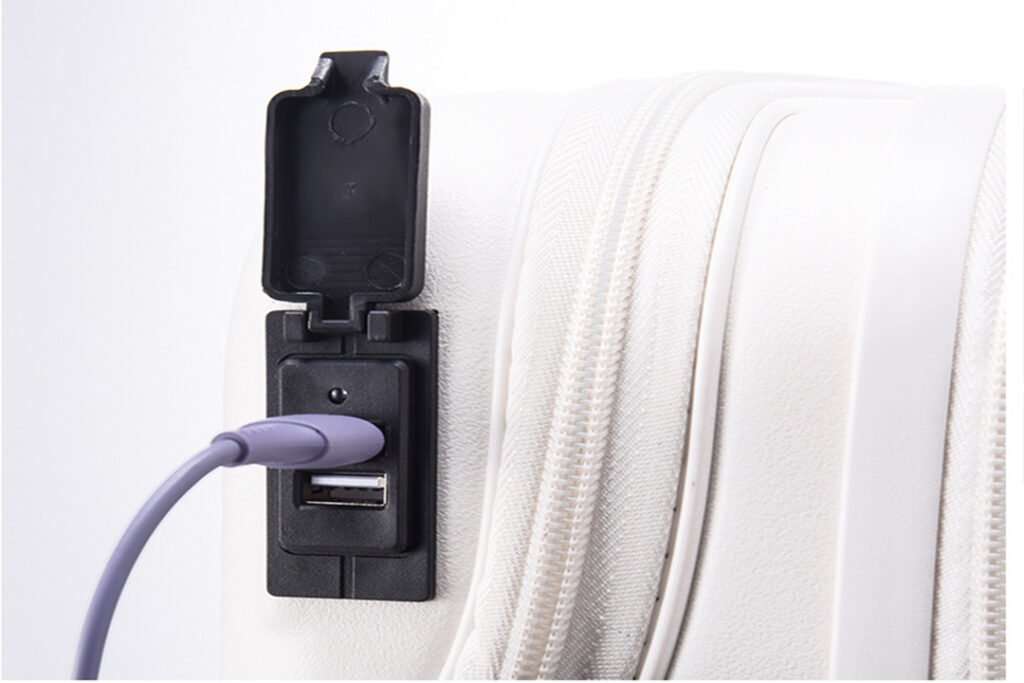
Backpack Features to Consider
Size and Capacity
This is where things can get a bit tricky. Backpack sizes are usually measured in liters. A daypack typically ranges from 20-30 liters, while multi-day packs can go up to 70 liters or more. Think Goldilocks here—not too big, not too small, but just right.
Liters vs. Cubic Inches
While most of the world uses liters, some brands, especially in the US, might list capacity in cubic inches. Don’t get confused; just remember that 1 liter is roughly equivalent to 61 cubic inches. |
Material and Durability
Water-Resistance and Ruggedness
Look for backpacks made from durable materials like ripstop nylon or polyester. If your travels often take you into unpredictable weather, a water-resistant or waterproof backpack is a must. After all, you don’t want your clothes or gadgets swimming in your bag.
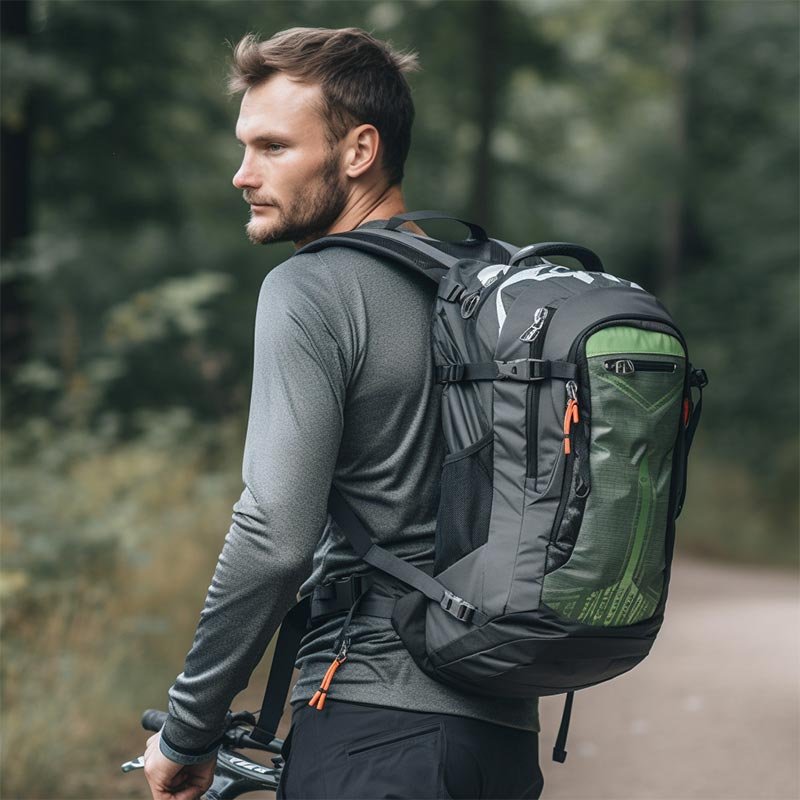
Comfort and Fit
Straps and Padding
Imagine carrying a bag with no padding. Sounds like torture, right? Well-padded shoulder straps and back panels can make all the difference, spreading the load and preventing sore shoulders. |
Adjustability
Backpacks aren’t one-size-fits-all. Adjustable straps and hip belts can help you customize the fit, making sure the weight is evenly distributed and reducing strain on your back. |
Specialized Backpacks for Different Types of Travel
Hiking and Outdoor Adventures
If you’re the adventurous type, go for a backpack designed for hiking. These packs often come with features like hydration reservoirs, trekking pole attachments, and multiple compartments for all your outdoor gear.
Urban Travel and Daypacks
For city explorers, a sleek, lightweight daypack is ideal. These bags are designed for short trips around town and can usually fit a water bottle, a light jacket, and your everyday essentials.
Business and Laptop Backpacks
Need to blend business with pleasure? A backpack with a dedicated laptop compartment, secure pockets for documents, and a sleek design can keep you looking professional while on the go.

Budget Considerations
Balancing Cost and Quality
You don’t need to break the bank to get a good backpack, but skimping on quality can lead to regrets down the road. Find a balance between cost and quality by researching brands known for durable and reliable products.
Finding Deals and Discounts
Shop smart! Look for sales, discounts, and even second-hand options. Sometimes you can find high-quality backpacks at a fraction of the price if you’re willing to hunt for deals. |
Tips for Testing and Buying
In-Store vs. Online Shopping
Trying a backpack in-store lets you test the fit and comfort, but online shopping offers a wider selection. If buying online, make sure the retailer has a good return policy in case the backpack doesn’t meet your expectations.
Reading Reviews and Testimonials
Other travelers’ experiences can be incredibly valuable. Check out reviews and testimonials to get a sense of a backpack’s performance, durability, and comfort over time.
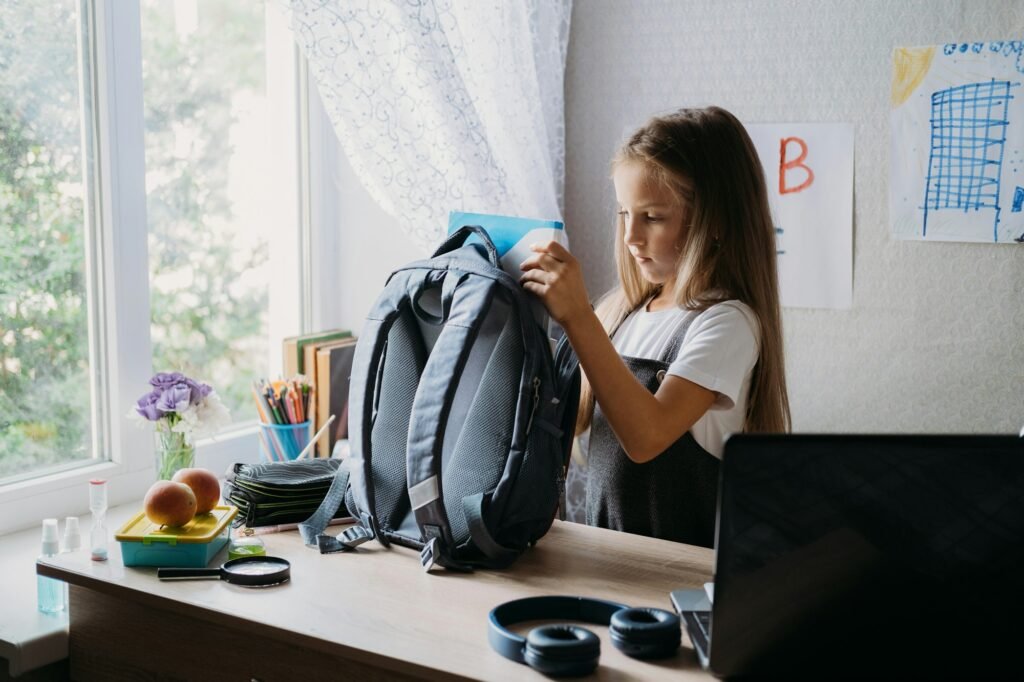
Maintaining and Caring for Your Backpack
Cleaning and Storage Tips
Keeping your backpack clean and well-maintained can extend its lifespan. Follow the manufacturer’s cleaning instructions and store your backpack in a cool, dry place when not in use.
Repairing Common Issues
Zipper stuck? Strap coming loose? Basic sewing skills and a few repair kits can save your backpack from an untimely demise. Address issues early before they become bigger problems.
Conclusion
Choosing the right backpack for traveling is a blend of art and science. It requires understanding your needs, knowing what features to look for, and sometimes a bit of trial and error. With the right backpack, your travels will be more comfortable and enjoyable. So, go forth and find your perfect travel companion!
FAQs
Q1: What size backpack do I need for a week-long trip?
For a week-long trip, a backpack between 40-60 liters should suffice. It allows enough space for clothes, toiletries, and other essentials without being overly bulky. |
Q2: Are expensive backpacks worth the investment?
Often, yes. High-quality backpacks can offer better durability, comfort, and features that cheaper options might lack. However, it’s essential to find a balance between cost and quality. |
Q3: How can I make my backpack more comfortable?
Ensure the backpack fits well by adjusting the straps and hip belt. Adding extra padding to the shoulder straps or back panel can also enhance comfort.
Q4: Can I use a hiking backpack for everyday use?
While you can use a hiking backpack for daily activities, it might be overkill for short trips or urban use. A smaller daypack is often more practical for everyday needs.
Q5: How do I clean a backpack?
Most backpacks can be cleaned with mild soap and water. Use a soft brush to scrub away dirt, rinse thoroughly, and let it air dry. Always check the manufacturer‘s instructions first.
Custom Message: Happy traveling! Remember, the journey is just as important as the destination, so make sure your backpack is up for the adventure. Safe travels!

